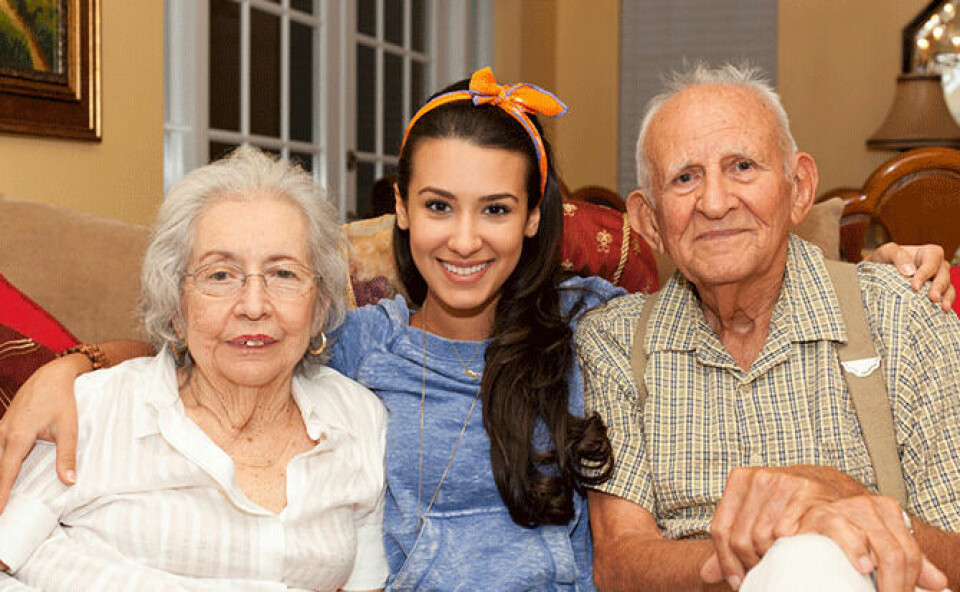-
How can I reduce my wife's admin after my death in France?
Specialist UK firms can help ease things along and liaise with the notaire
-
Inheritance tax guidance for UK nationals with assets in France
Inheritance tax allowances in France and the UK have been frozen for years
-
How accurate are time estimates for French hiking paths?
Mathematical formula is basis for sign figures
Is it better to lend to grandchildren in France or to make gifts?
There are pro’s and cons when it comes to these options, but you should be aware of the tax and declaration implications

Reader Question: My wife and I are in our eighties and live in France. Our daughter and family live nearby. Can we give our two grandchildren loans of €20,000 each with repayment of €500/year after five years (it is very unlikely they would be repaid). Is it better to make gifts?
If you wish to make loans, you are free to set the terms between you and the grandchildren.
If a balance is left on your death(s), it would be repayable to your estate(s) after you die via the notaire dealing with the inheritance, most likely with half the loan due on each death, unless you opted for a ‘universal community’ marriage regime, in which case the total balance would be repayable after the second death.
If, instead, you cancel the outstanding sums in your wills, the balance would be a taxable legacy and the French rules only give a €1,594 allowance for grandchildren before tax at variable bands. Loans for more than €1,500 should be formalised, with a contract or a signed and dated reconnaissance de dette by the recipient.
Loans above €5,000 should be declared at income tax declaration time (see tinyurl.com/family-loans).
You could make gifts of up to €31,865 each tax-free. You should formalise this via a notaire, or the recipients should declare the gifts to the tax office (tinyurl.com/DeclareGift).
With gifts and bequests, it is advisable to avoid breaking French forced heirship rules by giving over half your estate’s value to grandchildren.
Related links
Inheritance taxes are a minefield to be navigated in France and UK
























